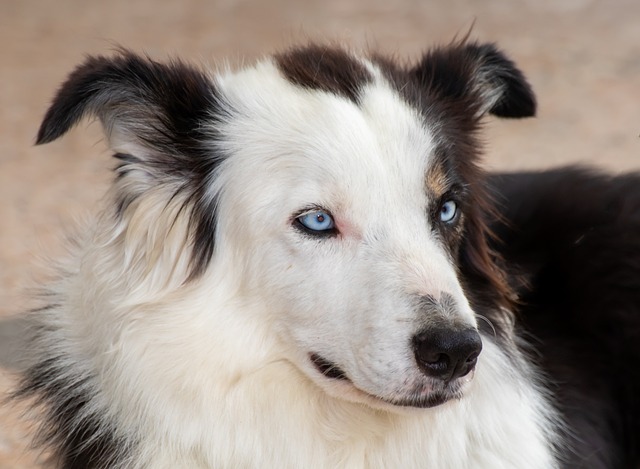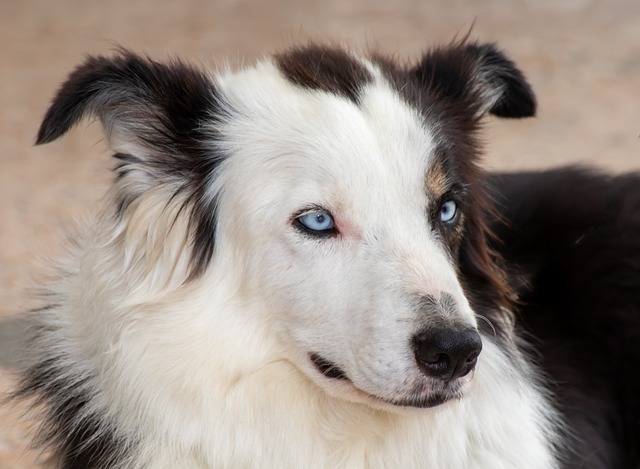
Is standing for a long time harmful to a dog's body
When we see dogs performing on their hind legs in circuses or street entertainers training dogs to stand for prolonged periods to beg,
When we prepare to greet the dog's warm greeting as usual, we find that the once bright and clear eyes have become red and swollen, and the dog keeps scratching with its claws, with a look of discomfort and helplessness in its eyes. At that moment, our hearts seemed to be grabbed tightly, full of anxiety and heartache, and we urgently want to know: What is causing this torture for our beloved furry children? Dogs cannot express their pain in words, and their health can only rely on our careful observation and exploration. And figuring out the reasons for the dog's red, swollen and itchy eyes is not only the key to solving our doubts, but also the first step to help them get rid of pain and regain health.
From a professional veterinary perspective, there may be many complex reasons behind the symptoms of redness, swelling and itching in dogs' eyes. Infection is one of the most common "culprits". Bacteria, viruses and fungi may become "enemies" that harm the health of dogs' eyes. When a dog's eyes are infected by bacteria such as Staphylococcus aureus and Escherichia coli, conjunctivitis may occur. At this time, the dog's eyes will be obviously red, the secretions will increase, and they will be purulent or mucousy. In severe cases, it may even cause eyelid adhesion. In addition to causing respiratory and digestive tract symptoms, canine distemper virus infection often affects the eyes, causing keratitis, making the dog's eyes red, swollen, painful, and the cornea cloudy, as if covered with a layer of white fog. Fungal infections are relatively rare, but once they occur, the treatment process is often more difficult and will also cause great pain to the dog.
Allergies are also an important factor in causing redness, swelling and itching in dogs. Dogs' allergic reactions are like "alarms" sounded by the body's immune system. In life, ubiquitous allergens such as pollen, dust mites, and mold may "hit" the dog's eyes. In the spring season, pollen floating in the air may get into the dog's eyes, irritate the eye tissue, and cause allergic reactions; molds that grow in damp corners of the home, or dust mites hidden in sofas and carpets, may also become the "culprits" of allergies. In addition, some foods, such as seafood, dairy products, etc., as well as newly replaced shower gels and dog kennel materials, may become allergens. When dogs come into contact with these allergens, the immune system will mistake them for harmful invaders, thereby releasing chemicals such as histamine, causing dilation of blood vessels in the eyes, redness, swelling, itching and other symptoms. Dogs will frequently rub their eyes with their paws and rub their faces on the ground to try to relieve this discomfort.
 Eye injuries should not be ignored either. Active dogs can easily injure their eyes due to accidents during play. For example, they may be scratched when playing with other dogs, or scratched by branches or sharp objects when running in the grass. Eye wounds not only cause pain to dogs, but are also prone to infection, which can lead to redness, swelling and itching of the eyes. If the wound is deep, it may also damage important structures such as the cornea and lens, seriously affecting the dog's vision. In addition, entropion is also a problem that is easily ignored by the owner. Under normal circumstances, eyelashes grow outward, but some dogs have eyelashes that grow inward. These inverted eyelashes will continue to irritate the surface of the eyeball, causing inflammation of the eye, leading to redness, swelling, tearing and itching.
Eye injuries should not be ignored either. Active dogs can easily injure their eyes due to accidents during play. For example, they may be scratched when playing with other dogs, or scratched by branches or sharp objects when running in the grass. Eye wounds not only cause pain to dogs, but are also prone to infection, which can lead to redness, swelling and itching of the eyes. If the wound is deep, it may also damage important structures such as the cornea and lens, seriously affecting the dog's vision. In addition, entropion is also a problem that is easily ignored by the owner. Under normal circumstances, eyelashes grow outward, but some dogs have eyelashes that grow inward. These inverted eyelashes will continue to irritate the surface of the eyeball, causing inflammation of the eye, leading to redness, swelling, tearing and itching.
Some systemic diseases may also show symptoms of redness, swelling and itching in the eyes. For example, glaucoma is a disease caused by increased intraocular pressure. Excessive intraocular pressure will compress the nerves and blood vessels of the eye, causing redness, swelling and pain in the eyes. Dogs will blink and squint frequently, showing obvious discomfort. There is also diabetes. Long-term high blood sugar levels can affect the blood circulation and nerve function of the eyes, causing diabetic retinopathy, causing symptoms such as redness, swelling and decreased vision in dogs. These systemic diseases are often complicated and pose a greater threat to the health of dogs, requiring timely diagnosis and treatment.
When we find that a dog's eyes are red, swollen and itchy, our first reaction may be panic, but at this time we need to calm down and observe the dog's symptoms carefully. In addition to redness, swelling and itching, you should also pay attention to whether there is any secretion in the eyes, the color and properties of the secretion; whether the dog is afraid of light, tears, squinting, etc.; whether it frequently scratches its eyes with its claws; at the same time, recall whether the dog's living environment and diet have changed recently, whether it has come into contact with new objects or visited new places. These details are crucial to determine the cause of the disease and can also provide important clues for the veterinarian's diagnosis.
The dog's eyes are the windows of the soul. When this window is covered with shadows, our hearts are also tightened. Understanding the various reasons behind the redness, swelling and itching of the dog's eyes is the first step for us to help them overcome the disease. Every subtle symptom and every potential cause of the disease affects our deep love for dogs. Next, we will take this love and explore in more depth how to protect the dog's eye health and let their eyes shine brightly and warmly again.

When we see dogs performing on their hind legs in circuses or street entertainers training dogs to stand for prolonged periods to beg,

When we prepare to greet the dog's warm greeting as usual, we find that the once bright and clear eyes have become red and swollen, and the dog keeps scratching with its claws, with a look of discomfort and helplessness in its eyes.

When you notice your beloved dog constantly scratching, biting itself, or see its once-smooth coat becoming red, swollen,

When you see your beloved dog constantly scratching or notice suspicious black specks in its smooth fur, it’s natural to feel concerned. Parasites are a common health issue for dogs,

When we look into the eyes of dogs, the originally bright and clear eyes suddenly show distressing red bloodshot, and even become swollen and secrete more.

At the moment when the door closes, there comes the heart wrenching barking of dogs inside the house, or when they come home and see a chewed sofa and scattered slippers,